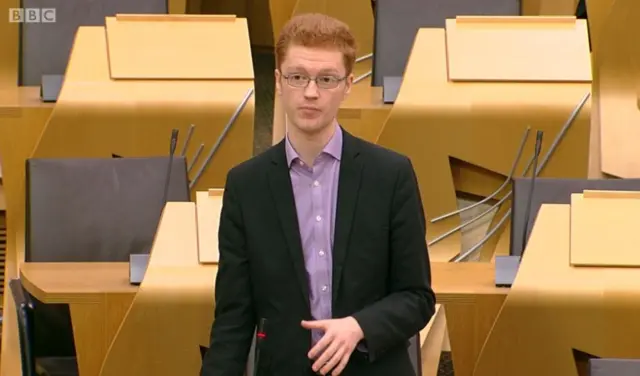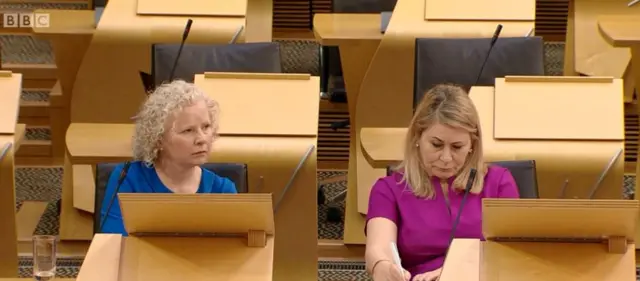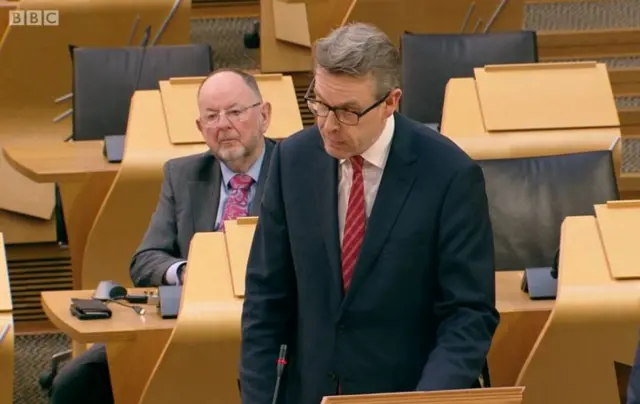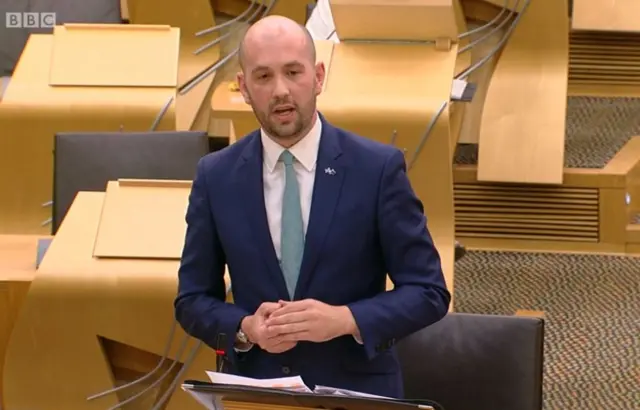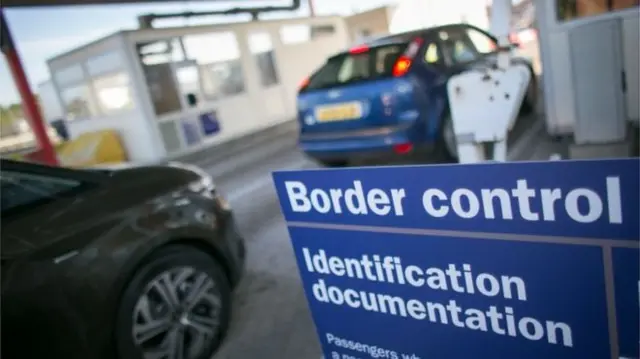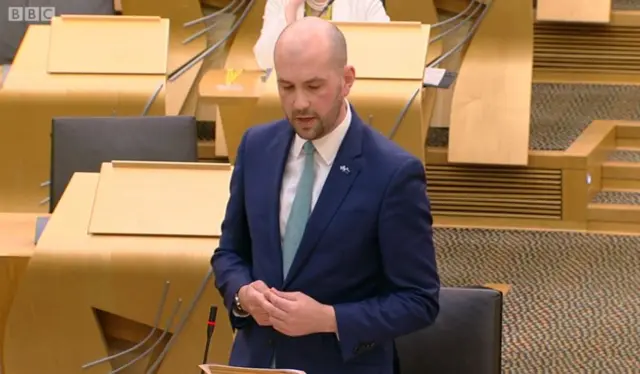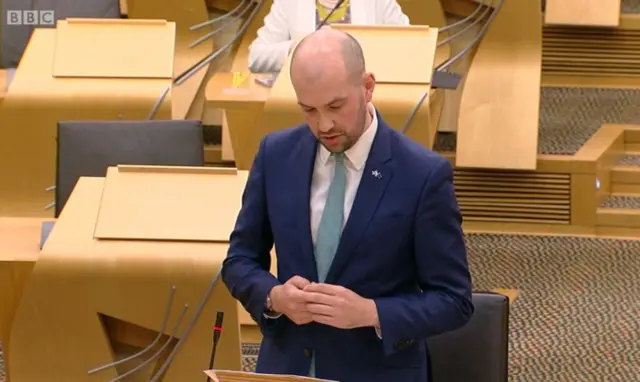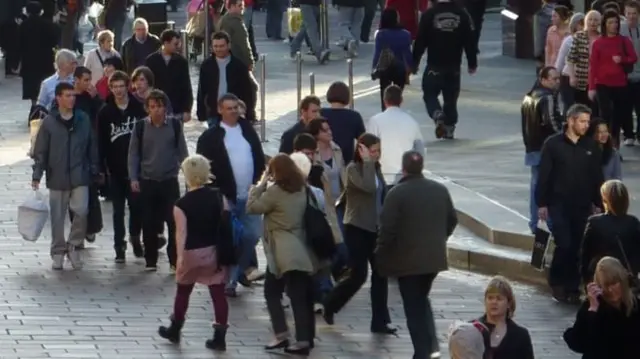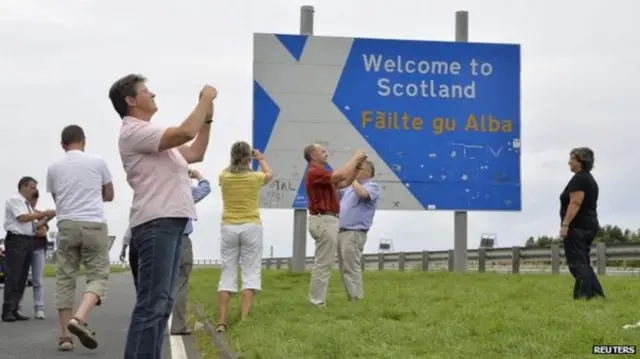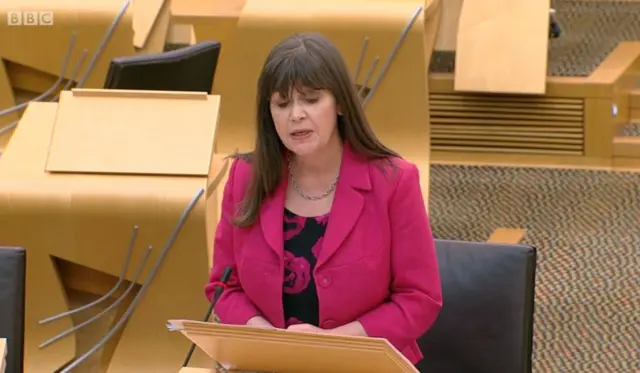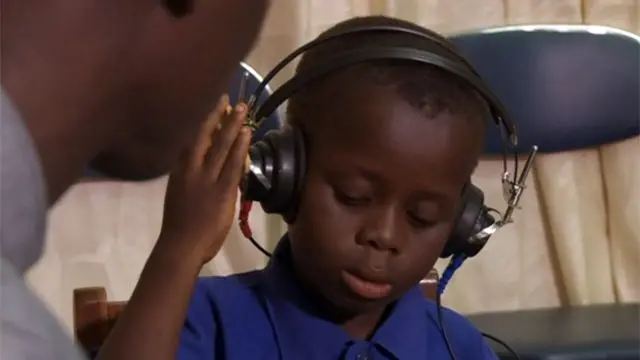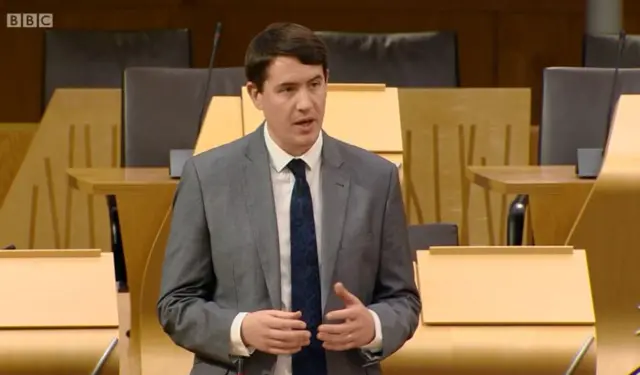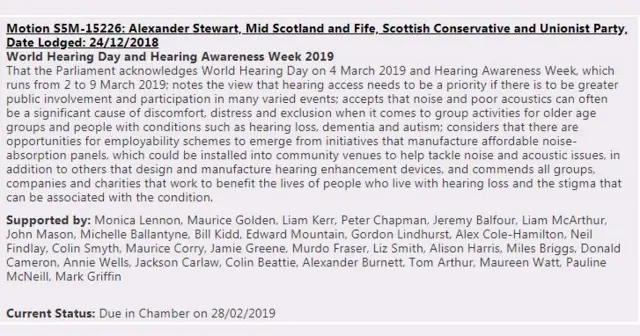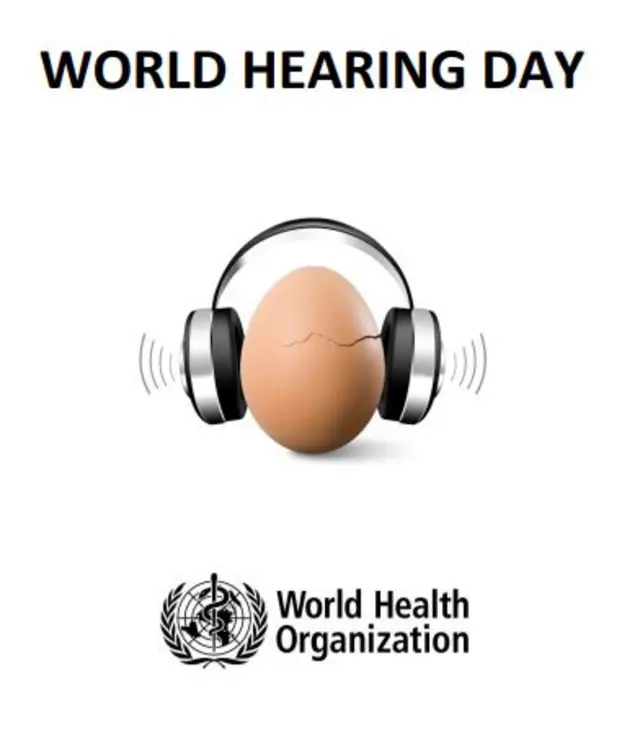Background: Do Scots think differently about immigration?published at 14:31 GMT 28 February 2019
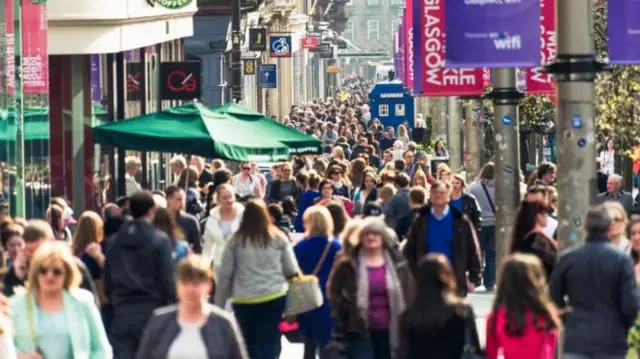 Image source, Getty Images
Image source, Getty ImagesWhen the UK voted to leave the EU, there was dramatic difference north of the border - with 62% of Scottish voters wanting to remain. Immigration was one of the big issues - so does the result indicate that Scots take a different view? Analysis by the ScotCen research team, written by Prof John Curtice and Ian Montagu, suggests the answer is more complicated.
